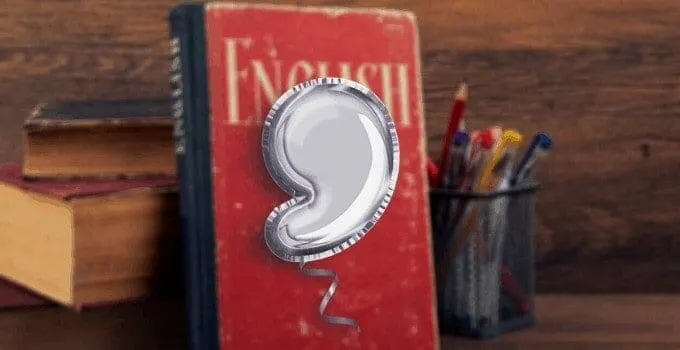Previous studies have found that the negation of ideas is a more complex process than affirmation. With that being said, it may lead to false retention of information in worst-case scenarios. When information is falsely associated with, counter-productive effects may occur, especially in more serious cases such as legally-related ones. In the crowded community of …
Search results for: request
How often do you have to bear with punctuation marks? They get pretty annoying sometimes, don’t they? Cheer up. Don’t let these sneaky little symbols bite your head off. This post will help you make sense of the comma after the word first and its other closely-related phrases. Do we need a comma …
Despite the best efforts of prescriptive grammarians, casual speech tends to follow its own rules. As any speaker of Japanese knows, that language is no exception. Dropped particles, flipped word order, and some truly impressive spelling changes are all a part of colloquial Japanese. The same is true in English, where words like “gonna” look …
Is “I look forward to speaking with you” grammatically correct? “I look forward to speaking with you” is a phrase commonly used in written communication to indicate that a meeting will take place in the future. However, it may be unclear whether “look” is used correctly in this sentence. Is “I look” or “I am …
Japanese thrives on context. Although it has a reputation for being unusual in that regard, in fact context is important in nearly all languages. In addition to the linguistic context of a specific sentence, many languages also have special rules for specific social or cultural contexts. In English, for example, the way you speak to …
The Internet has changed many things about life, so it’s perhaps no surprise that it’s changed the way we use English as well. The origins of Internet slang are varied, ranging from technological meanings that have morphed into verbal shortcuts to references to badly spelled memes to even further and stranger things. In this article, …
“Thank you for your interest”: How and When To Use This Phrase There are several different meanings of the word “interest” in English. “Interest” can be a financial term, referring to the money that you earn on an account. An “interest” can also refer to a hobby, something that you like to do or learn …
One of the things that makes language learning so complicated is that there are multiple levels of formality. Technically called “registers,” these different ways to use a given language fascinate linguists but can frustrate learners. It should be no surprise that English is no exception to this complexity. In addition to the style of speech …
There are some standard phrases that you are going to come across time and again. For instance, I’m sure you’ve heard someone say, “Excuse me, but …,” which is a simple way of grabbing someone’s attention without seeming too intrusive. You can follow that phrase with a request, a question, or any other “imposition.” You …









